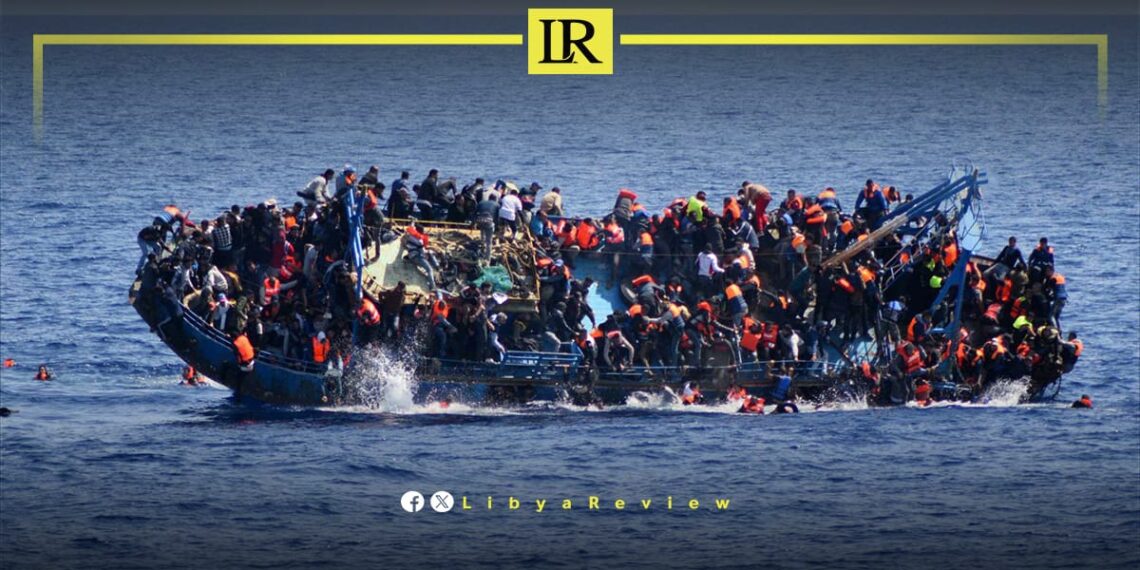Italian Prime Minister Giorgia Meloni criticised a statement by the German NGO Sea-Watch, which labelled the Libyan and Tunisian coast guards as “real human traffickers.” Speaking before the Italian Senate on Tuesday, Meloni called the statement “shameful.”
Meloni praised countries like Tunisia and Egypt for their role in reducing irregular migration flows by 60% by 2024, as reported by Italian media. She stressed the importance of cooperation with these nations in managing migration.
NGOs frequently criticise the treatment of migrants in Tunisia and Libya, describing it as “inhumane.” In June, Sea-Watch released a video showing Libyan coast guards beating migrants with batons after they were rescued by a commercial vessel.
Under duress, the migrants were forced off the ship and returned to Libya, where they faced multiple threats and potential abuse, according to the NGO. Sea-Watch denounced the actions of the Libyan authorities and accused Europe of “complicity” in human rights violations across the Mediterranean.
Notably, more than 60% of the migrants who arrived in Italy in 2024 departed from Libya, according to Nova news agency.
A total of 33,349 migrants reached Italy from Libya, accounting for 60.1% of the 54,577 total arrivals. In comparison, 17,309 migrants, or 31.7%, arrived from Tunisia.
Nova’s analysis highlights that despite dominating migration routes, departures from Libya have decreased by 18.6% compared to the 40,966 migrants recorded during the same period in 2023.
Most of the migrants departing Libya embarked from Tripoli, with only 939 arrivals from the eastern region of Cyrenaica, reversing last year’s trend, when more migrants left from the east, which is under General Khalifa Haftar’s control. Migrants sailing from Cyrenaica to Greece were not included in the Italian figures.
The International Organization for Migration (IOM) reported that 18,646 migrants were intercepted at sea and returned to Libya as of 12 October 2024. These include 16,386 men, 1,330 women, 619 children, and 311 individuals whose gender could not be determined. Despite fewer fatalities than in 2023, the Central Mediterranean route remains one of the deadliest, with 522 deaths and 731 missing, totalling 1,253 lives lost so far this year.


